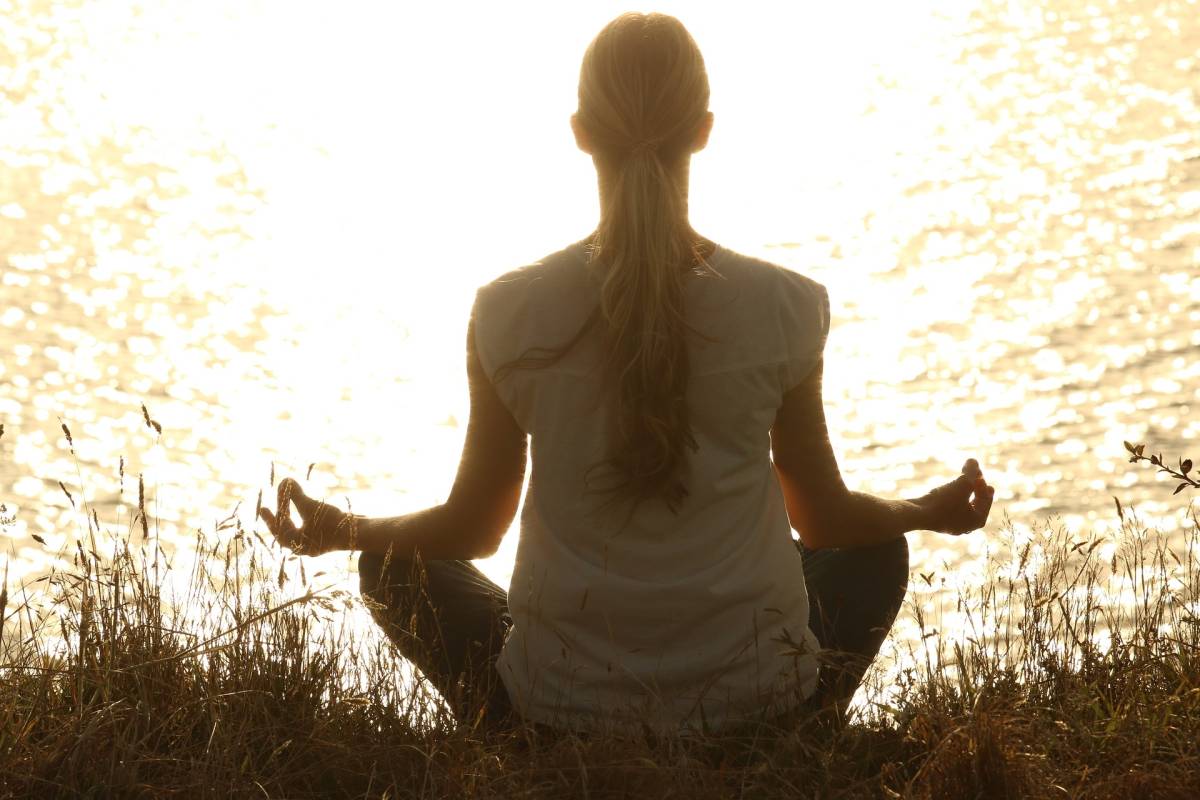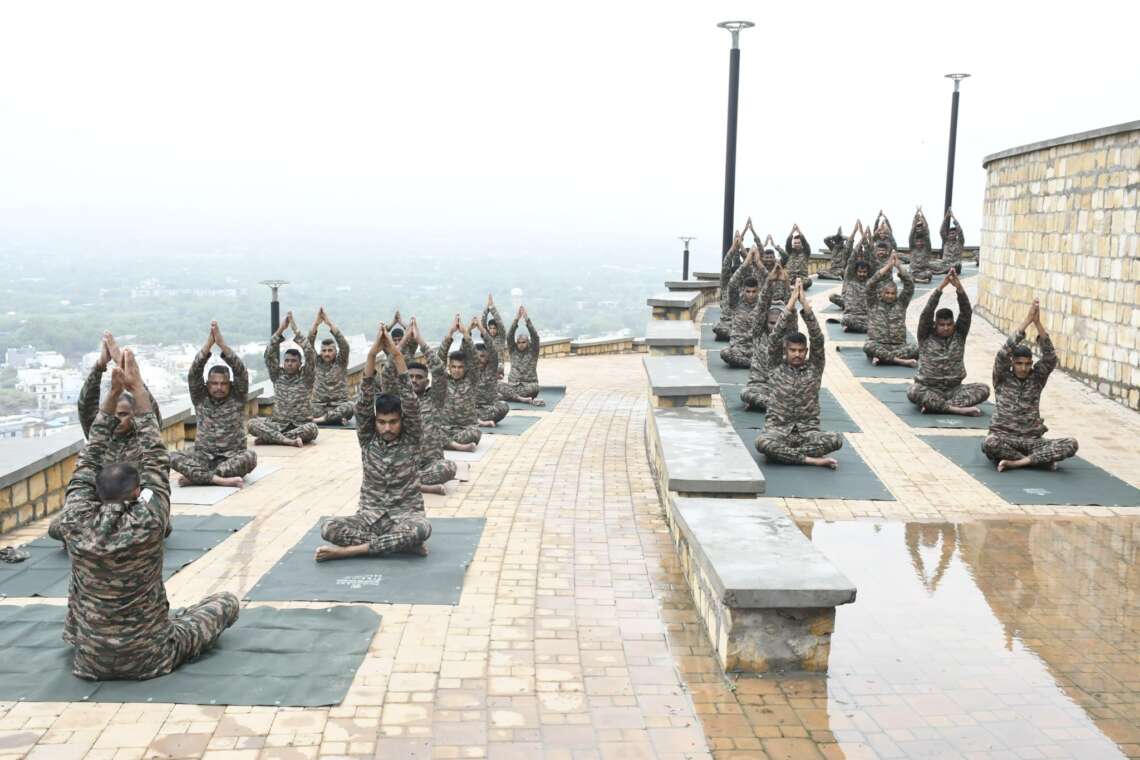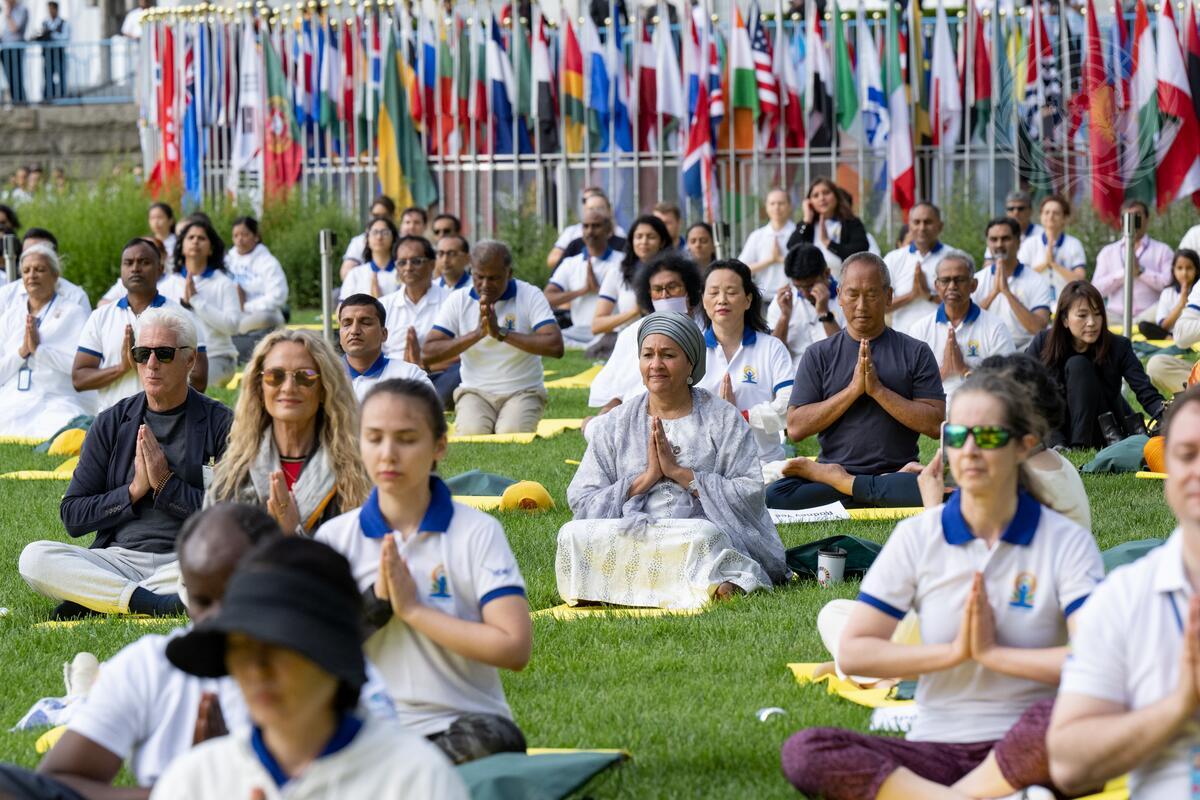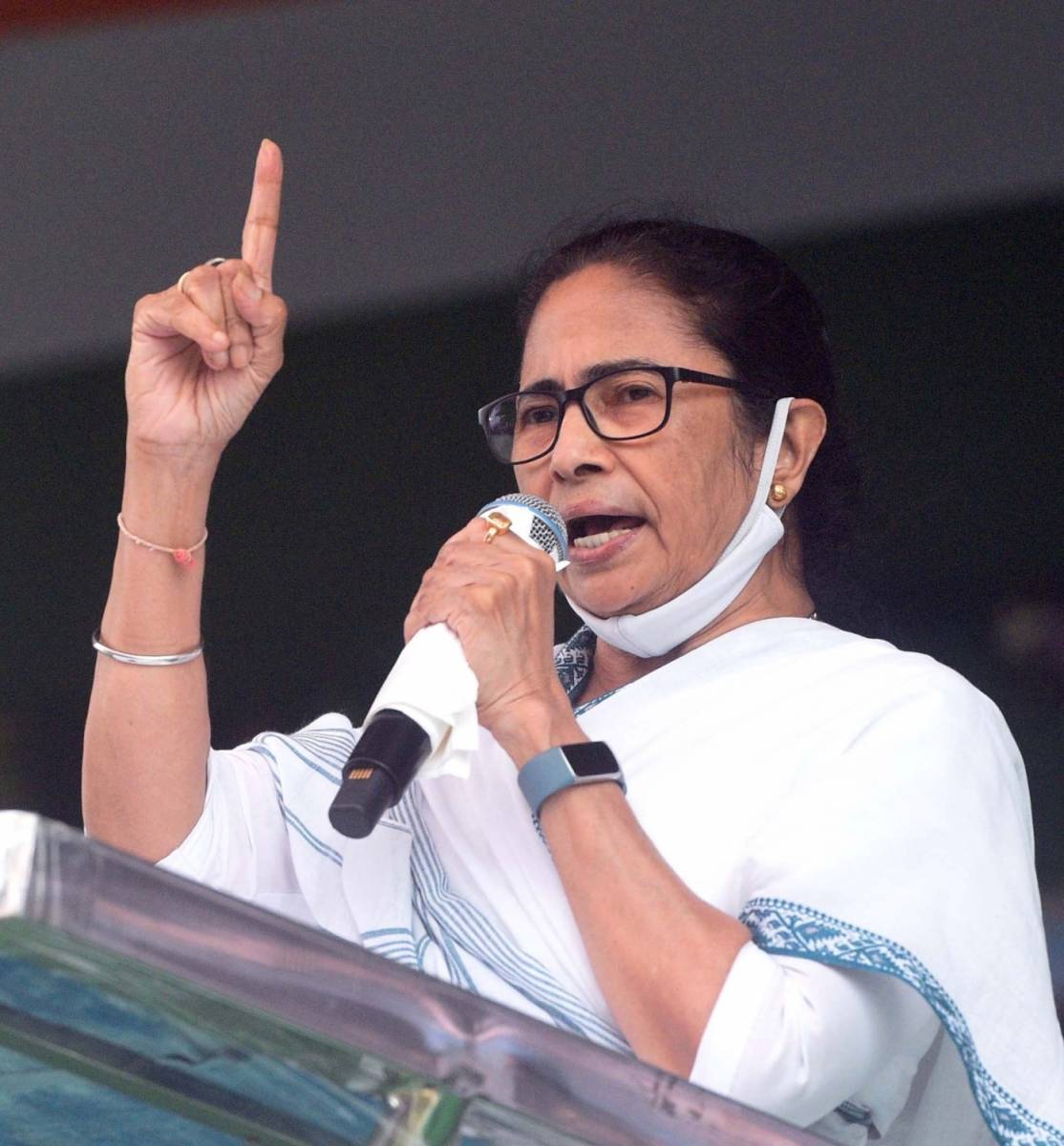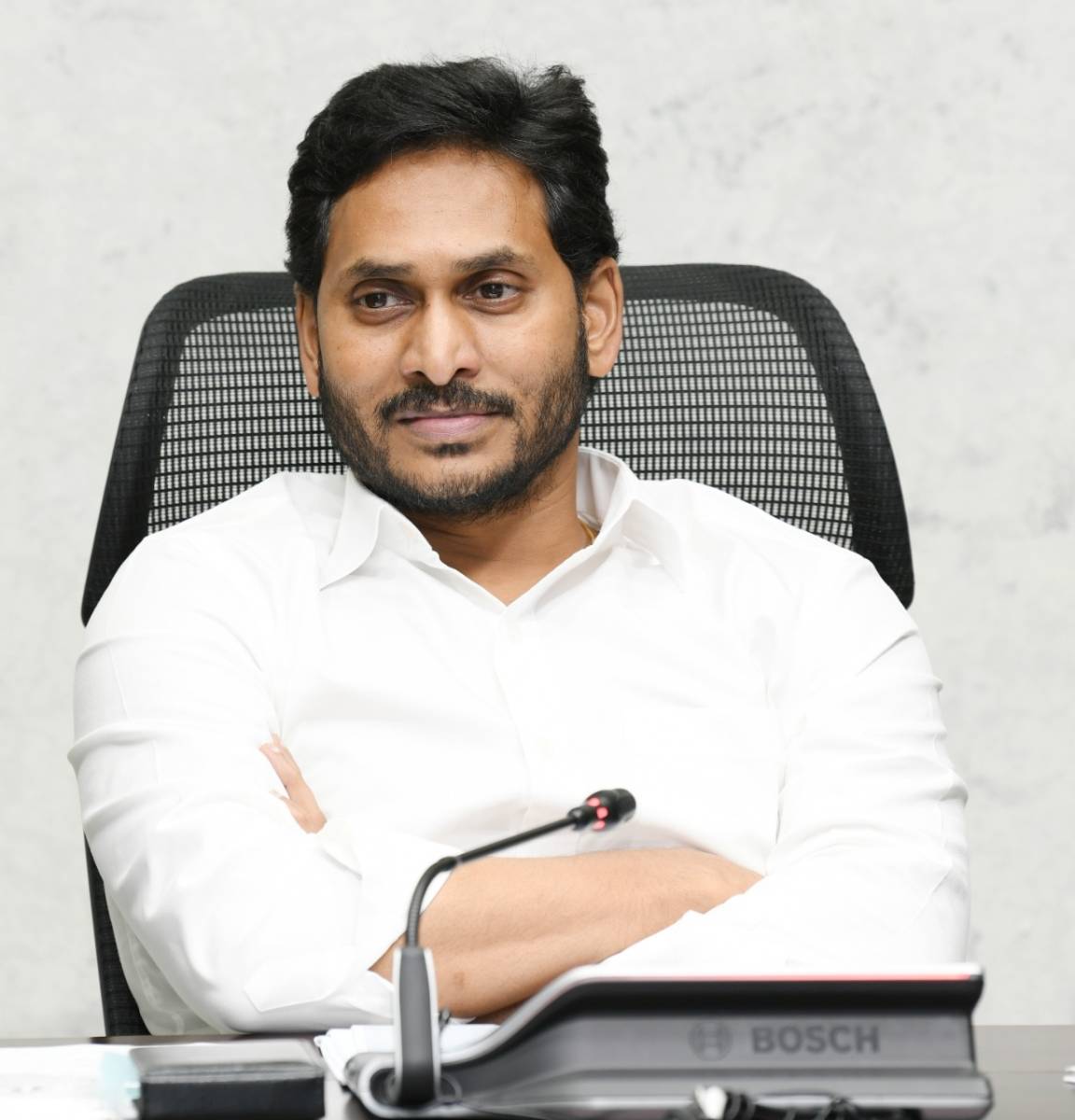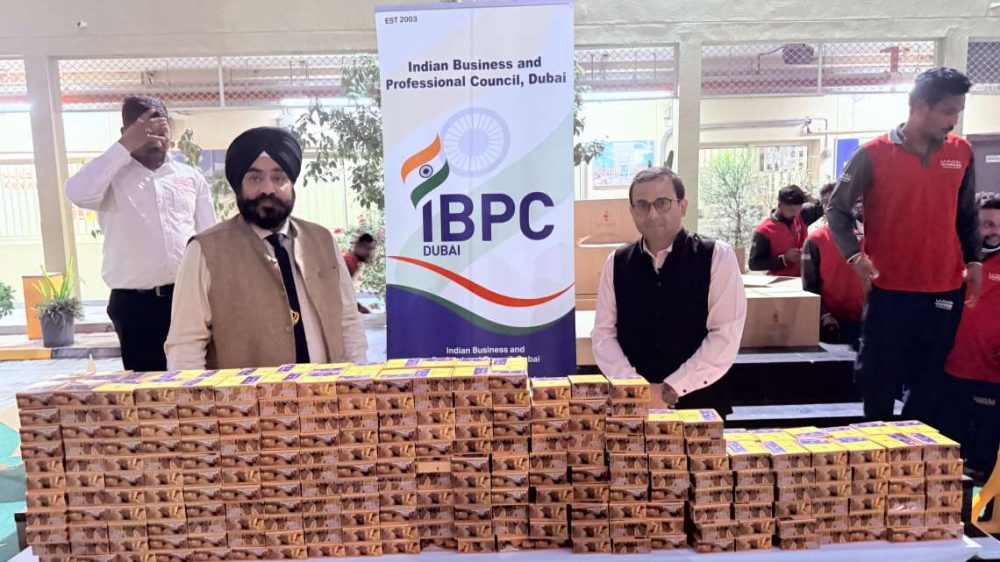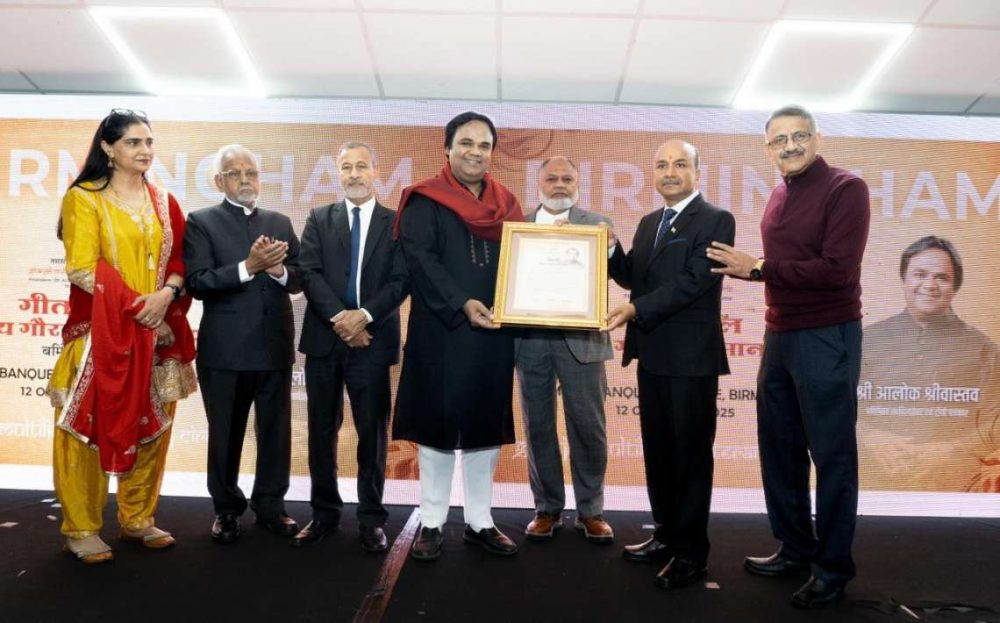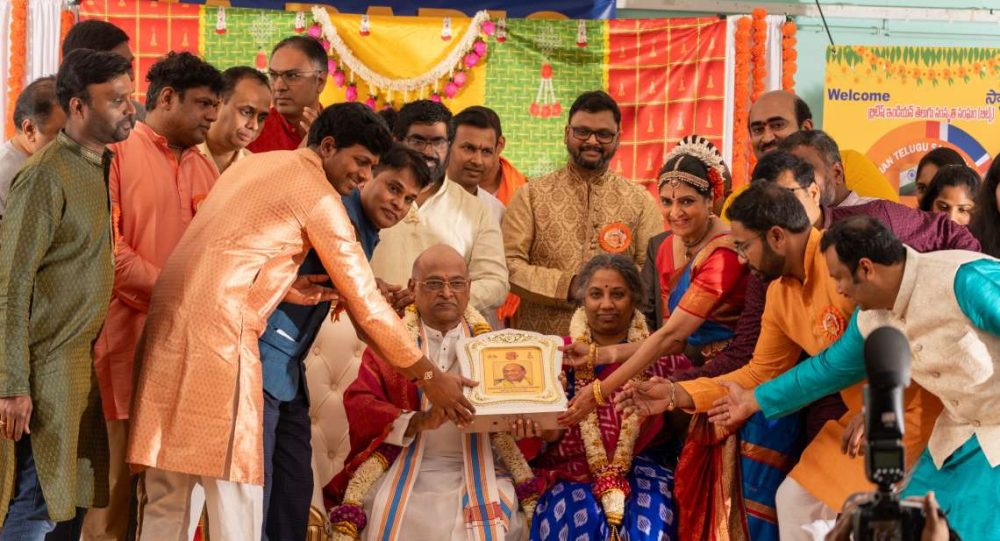Ministers of health and education from across the Region issued a Call to Action to scale up implementation of comprehensive health programmes in schools, including by facilitating physical activity…reports Asian Lite News
On the International Day of Yoga (IDY), the World Health Organisation (WHO) and its member states in the South-East Asia Region lead global efforts to celebrate the physical and mental health benefits of yoga and its contributions to life-long health and well-being.
Regular yoga practice can help people of all ages and incomes achieve adequate physical activity, making it a high-impact, cost-effective way to prevent and control noncommunicable diseases (NCDs) – one of the Region’s eight Flagship Priorities.
It has been shown to have immediate psychological effects, decreasing anxiety and stress, and increasing feelings of emotional and social well-being. Throughout the COVID-19 response, yoga has helped hundreds of millions of people from all countries and cultures stay healthy and well, highlighting that yoga is for all of humanity – the theme of this year’s IDY event.
Consistent with the Region-wide push to reorient health systems towards strong primary health care (PHC), policy makers should consider integrating yoga into community-based mental health and well-being initiatives, while also increasing efforts to leverage the power and potential of safe and effective traditional medicine.
The region continues to intensify action to increase physical activity and enhance mental health, in line with its Flagship Priorities, the WHO Global Action Plan on Physical Activity (GAPPA) 2018–2030, the WHO Comprehensive Mental Health Action Plan 2013–2030, and the Sustainable Development Goals. Last year, WHO launched a Regional Roadmap on implementing the GAPPA, which will help Member States identify and implement policies to achieve a 15% relative reduction in the prevalence of insufficient physical activity by 2030.
Ministers of health and education from across the Region issued a Call to Action to scale up implementation of comprehensive health programmes in schools, including by facilitating physical activity. Amid the ongoing COVID-19 response and recovery, policy makers should explore integrating yoga into preventive and promotive health strategies, especially for mental health – a core priority in the months and years ahead.
These are exciting times for traditional medicine (TRM). In March, WHO and the Government of India signed an agreement to establish the WHO Global Centre for Traditional Medicine (GCTM) in Jamnagar, India.
The GCTM – which is supported by an investment of $250 million from the Government of India – has a strategic focus on evidence and learning, data and analytics, sustainability and equity, and innovation and technology, with the overall aim of optimizing the contribution of TRM to global health and sustainable development.
The mission of the GCTM is well aligned with the Region’s longstanding focus on strengthening TRM system performance monitoring, increasing safety monitoring for TRM products, enhancing research capacity on TRM, and integrating safe and effective TRM into health service delivery, especially at the PHC level.
Yoga is not only widely accessible, but also has widespread appeal, reflected in the 177 votes garnered at the UN General Assembly in 2014 to make the IDY an annual, globally recognized celebration, as well as the inclusion of yoga in physical activities at WHO Governing Body meetings in the Region and more recently globally, including at the World Health Assembly.
In the region’s onward quest to prevent and control NCDs, WHO will continue to highlight the physical and mental health benefits of yoga, alongside other forms of traditional knowledge, skills and practice to prevent, diagnose and treat physical and mental illness. On the International Day of Yoga, WHO reiterates its commitment to support all countries of the Region to leverage the power and potential of yoga, for a healthier, happier and stress-free future for all.
Dr Poonam Khetrapal Singh is Regional Director for South-East Asia at the World Health Organisation


